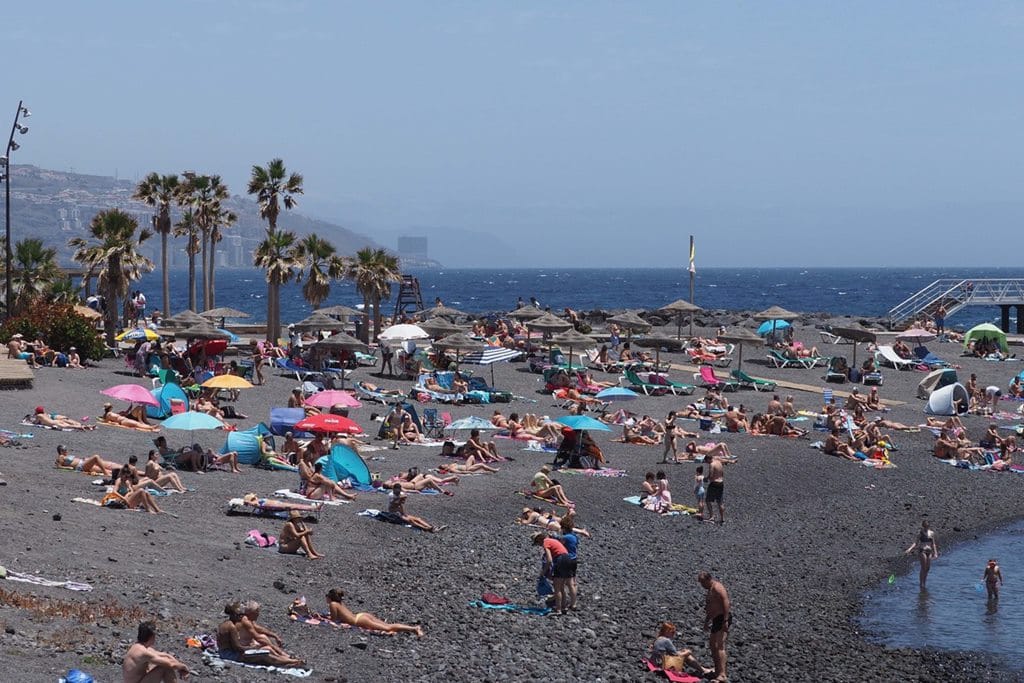Madrid, Barcelona and Valencia are the Spanish cities with the highest levels of tourism competitiveness, according to the third edition of the UrbanTUR 2022 report, an analysis carried out every four years by the Alliance for Excellence in Tourism (Exceltur), evaluating and ranking the 22 main Spanish urban destinations.
The report, which was presented this Tuesday at a conference organised by Exceltur, assesses and establishes a ranking of relative tourism competitiveness, based on 63 indicators drawn from more than 100,000 data, which are integrated into a total of six “extremely objective” pillars.
Specifically, the six pillars are the attractiveness of the leisure product offer, attractiveness of the business product offer, competitive conditions of the urban environment and local life, accessibility and mobility, governance and strategic management and performance, economic and social results.
Behind these three leading cities on the podium are San Sebastian, Seville, Palma de Mallorca, Malaga, Bilbao, Santiago de Compostela and Las Palmas de Gran Canaria, closing the top 10. In addition, Valladolid, Gijón, Córdoba, Zaragoza, Santander, Granada, Salamanca, La Coruña, Alicante, Murcia, Burgos and León complete the Exceltur ranking.
MADRID, “WINNING CITY”
The Executive Vice-President of Exceltur, José Luis Zoreda, who presented the report, highlighted Madrid as “the winning city” in the report. Of the six pillars that evaluate the cities, Madrid is the leader in the first four.
In addition, Zoreda praised the “courage” of the Spanish capital for being one of the cities that was most open to tourism during the years of the pandemic.
For its part, Barcelona, which has dropped to second place, has suffered “many conditioning factors in terms of the political context”, according to Zoreda. In this respect, he pointed out that “some actions that could be improved” have been carried out in the city, such as public cleanliness, and also political measures that have not favoured all the cities that make up the autonomous community.
He also highlighted the fact that Seville has become “the most competitive city in terms of tourism in Andalusia”, ahead of Malaga, the city that “has traditionally held this leadership position”.
CONCLUSIONS OF THE REPORT
The third edition of UrbanTUR reflects less progress than desirable in integrating tourism effectively and with a cross-cutting vision in all its strategic planning and urban management decisions since 2016.
Among its most important conclusions are that during the pandemic, political commitment to tourism has slowed down, there is little identification and anticipation of the new tourism challenges and strategies of cities, and that most cities have concentrated their tourism efforts and budgets in the area of marketing and promotion.
However, the report also highlights that more cities are becoming increasingly aware of the adverse implications of tourist accommodation on the carrying capacity of the city and the lives of residents.
Another relevant aspect is a strong increase in cities’ investment in business initiatives associated with raising the attractiveness of the tourism sector in all sub-sectors/activities of the value chain.






